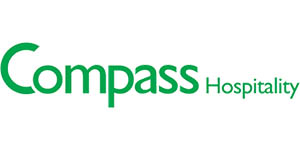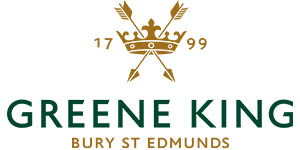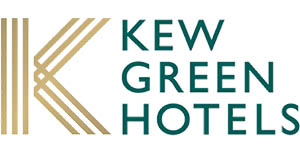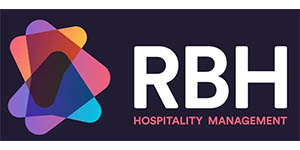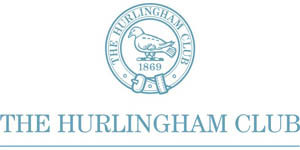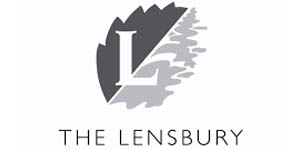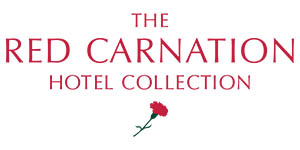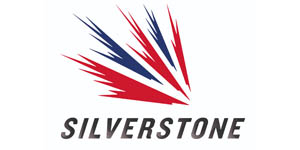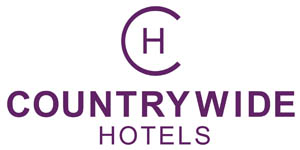Underscoring the economic strategies ahead of the upcoming General Election, the Chancellor’s Spring Budget this week delivered several measures impacting the hospitality sector, an industry recognised for its significant contribution to the UK economy. Amidst expectations for substantial fiscal support, the budget primarily aimed to enhance disposable income for workers, thus indirectly benefiting the sector. Here are the key takeaways and their implications for the hospitality industry:
Main Announcements:
- National Insurance Contributions Cut: A reduction from 8% to 6% for self-employed individuals and from 10% to 8% for employees, expected to increase disposable income and potentially boost consumer spending in hospitality venues.
- VAT Registration Threshold Increase: Uplifted to £90,000 to assist small, seasonal, and micro hospitality businesses, effective from April 2024.
- Recovery Loan Scheme Extension: Renamed as the Growth Guarantee Scheme, it extends support until March 2026, aiming to enhance lending to SMEs within the sector.
- Alcohol Duty Freeze: Extended until February 2025, providing some relief to alcohol producers, albeit with limited direct benefits for hospitality businesses.
- Furnished Holiday Lettings Regime Abolished: Set to be removed from April 2025, levelling the playing field across the accommodation sector, despite potential concerns over the impact on holiday and caravan parks.
- Full Expensing Extended to Leased Goods: A move to support investment in assets for leasing, with draft legislation to be published soon.
- Violence Reduction Units (VRU) Funding: With an allocation of £75 million, this initiative aims to curb serious violence that affects the hospitality sector, including thefts and crimes in tourist areas.
- Capital Gains Tax Reduction: From 28% to 24% to incentivize the sale of properties, potentially reducing the pressure from short-term holiday lets on local housing markets.
- Free Childcare Provision Confirmation: A commitment to increase the hourly rate for childcare providers, potentially supporting the sector by removing work barriers for parents.
- Fuel Duty Freeze: Maintaining the temporary 5p cut until March 2025 to assist with transportation costs for businesses and commuting employees.
Policy Asks and Economic Forecasts:
Despite these measures, UK Hospitality has expressed concerns that the budget was a “cut-and-paste” effort that overlooked significant opportunities to provide targeted support to the sector. The organisation continues to advocate for a cap on business rates, a temporary cut in employer NICs, and a permanently reduced VAT rate for hospitality businesses.
Implications for the Sector:
The announcements offer a mixed bag for the hospitality industry. While measures like the National Insurance cuts and the VAT threshold increase provide some relief, the sector’s call for more direct support remains largely unaddressed. The extension of the alcohol duty freeze, and the abolition of the furnished holiday lettings regime highlight shifts in policy that may have indirect benefits; yet the urgency for direct fiscal support and relief is underscored by the current economic pressures facing the sector.
The extension of the Recovery Loan Scheme, now under the moniker of the Growth Guarantee Scheme, signals a continued commitment to facilitating access to finance for SMEs, which is crucial for sustaining growth and adaptation in a post-pandemic landscape.
The freeze on fuel duty and the announcement of a freeze in alcohol duty until February 2025 offer some cost-saving reprieves. However, these measures are perceived as insufficient in the face of escalating operational costs, particularly in energy, supply chain, and labour. The sector’s advocacy for a reduced VAT rate remains a critical unresolved issue, as such a measure could significantly mitigate financial strains by lowering the cost burden on services, thereby stimulating consumer spending.
Moreover, the abolition of the Furnished Holiday Lettings regime, while levelling the competitive field, requires careful implementation to avoid unintended repercussions on various sub-sectors within hospitality.
The focus on Violence Reduction Units and the substantial funding allocation demonstrate a recognition of the safety challenges facing hospitality venues and their customers, aiming to foster a safer environment conducive to business.
The introduction of enhanced childcare support aligns with long-term strategies to alleviate workforce challenges, potentially enabling more parents to re-enter the workforce or increase their working hours. This move could gradually benefit the hospitality sector, which is heavily reliant on a diverse and flexible labour pool.
Forward Outlook:
As the sector navigates through these policy changes and economic forecasts, the emphasis on lobbying for more tailored support is evident. The hospitality industry continues to seek a business environment that not only recognises its economic contributions but also addresses its unique vulnerabilities and recovery trajectory post-COVID-19. The Budget’s focus on indirect measures, while beneficial, amplifies the sector’s calls for direct interventions, such as targeted tax reliefs and regulatory reforms, to secure a robust and sustainable recovery.
Marcus Jones, Managing Director of Capcon, says: “The Spring Budget has laid out a foundation that indirectly supports the hospitality sector through fiscal policies aimed at enhancing consumer spending power and operational relief in certain areas. However, the persistent advocacy for specific sectoral support highlights a gap between government measures and the industry’s expectations. As UK Hospitality intensifies its efforts to influence policy, the sector remains hopeful for future considerations that more directly address the challenges and opportunities unique to the sector.”
Capcon assists the hospitality sector with compliance solutions that cater specifically to the industry. Specialising in regulatory adherence and operational excellence, our suite of services – from stock taking, auditing and stock controls to risk management and training – ensures your business not only meets but exceeds industry standards.
Speak to us about our specialised solutions designed to elevate your hospitality business through tailored compliance and efficiency strategies. Request a call back to ensure your operations are aligned with the latest regulatory changes and sector-specific challenges.











